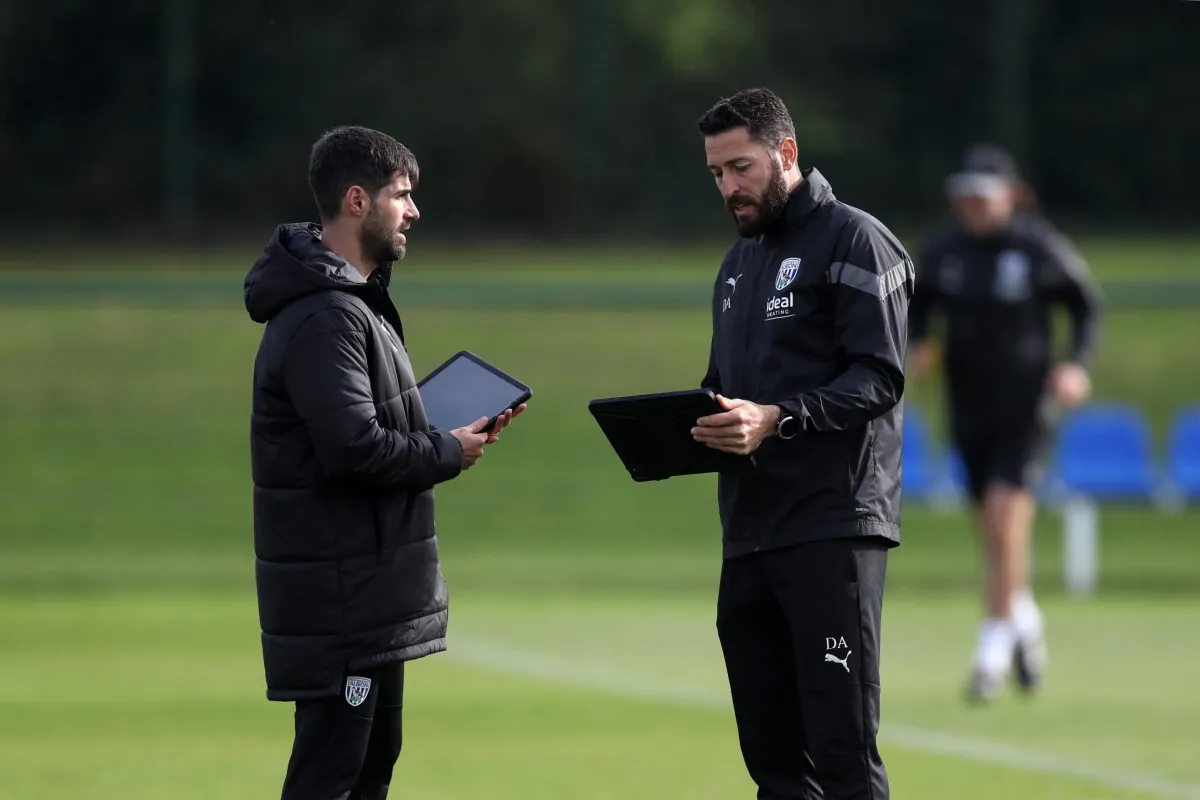
The Hidden Cost of Overspecialization in Coaching
A Call to Action for Sport Leaders
In today’s complex sport environment—whether college, Olympic, Paralympic, or professional—coaching roles have grown more specialized than ever. While this evolution may increase overall technical and tactical precision, it often leads to a critical blind spot: many coaches are stepping into high-stakes leadership positions without a broad understanding of organizational operations or the leadership tools required to truly succeed. This white paper explores the risks of over-specialization and presents a proactive solution to ensure coaches are prepared for the full scope of their responsibilities.

The Problem: Narrow Experience, Broad Expectations
Modern coaches are often siloed early in their careers, gaining deep knowledge in specific areas—such as scouting, tactics, or player development—without exposure to the broader ecosystem of high-performance sport. As a result, many ascend to head coaching roles without direct experience in strategy, staff management, recruiting systems, or program operations.
In effect, they become the “accountable officer” without having acquired many of the leadership skills necessary to lead a multidisciplinary team under pressure. The gaps in their preparation may not surface until performance, relationships, or culture begin to falter—often at the highest levels.
A Personal Perspective: Learning Through Immersion
More than 20 years ago, I moved from Calgary, Alberta, to Pittsburgh, Pennsylvania. In Calgary, I was the head coach of a small college program. I had no choice but to understand every aspect of the organization—recruiting, staffing, tactics, player development, budgeting, even taping ankles. That experience, while overwhelming at times, made me a stronger, more adaptable coach.
When I became an assistant coach at Robert Morris University, I quickly realized how those varied experiences could help my new team. It gave me confidence and credibility. By mid-season, I was contributing to the program in multiple ways, far beyond just “X’s and O’s.” and this continued in a coaching role I held at Duquesne University.

Case Studies: Nurse and Finch
Consider successful NBA head coaches Chris Finch (Minnesota Timberwolves) and Nick Nurse (Philadelphia 76ers). Their journeys through British and European basketball included years of doing everything imaginable—scouting, logistics, recruiting, media, and more. When they were given NBA head coaching roles, the organizations, in many ways, were not taking a risk; they were seasoned leaders shaped by diverse, hands-on experience.
Contrast this with hires made from the ranks of highly specialized assistants. While some succeed, others struggle because they haven’t built the leadership muscle required to handle the full weight of a program.
A Path Forward: Assess Before Appointing
The solution isn’t to ask every coach to spend 10 years in Europe—but it is essential to assess a coach’s readiness for leadership before handing them the keys to the program. That means identifying their strengths and areas for development early, and investing in their growth before the spotlight is on.
For example, if a coach has never managed a staff of 10–15 people, how will they know how to construct and lead that team? Leadership may seem intuitive, but it’s a skillset—one that must be learned, practiced, and refined.

The RW Performance Excellence Framework
At RW Performance, we offer a structured, proven method to help rising coaches assess and close their readiness gaps. Our Performance Excellence Framework is a powerful tool to help them build the competencies they’ll need—before they step into their dream job. Frankly, the framework works for sport leaders and leaders in industry.
This isn’t about adding another layer of complexity—it’s about creating clarity and support, so that sport organizations are not reacting to failure, but investing in long-term success.
A Challenge for Sport Leaders
Sport leaders, the question is straightforward: What are you doing to prepare your coaches for the reality of the roles you’re hiring them into?
Over-specialization is not going away—but its risks can be mitigated through intentional development. Imagine the time, energy, and resources you could save by identifying gaps early and equipping your coaches to thrive.
Every coach deserves that opportunity. Every program needs that preparation.
Let’s start building it—together.

